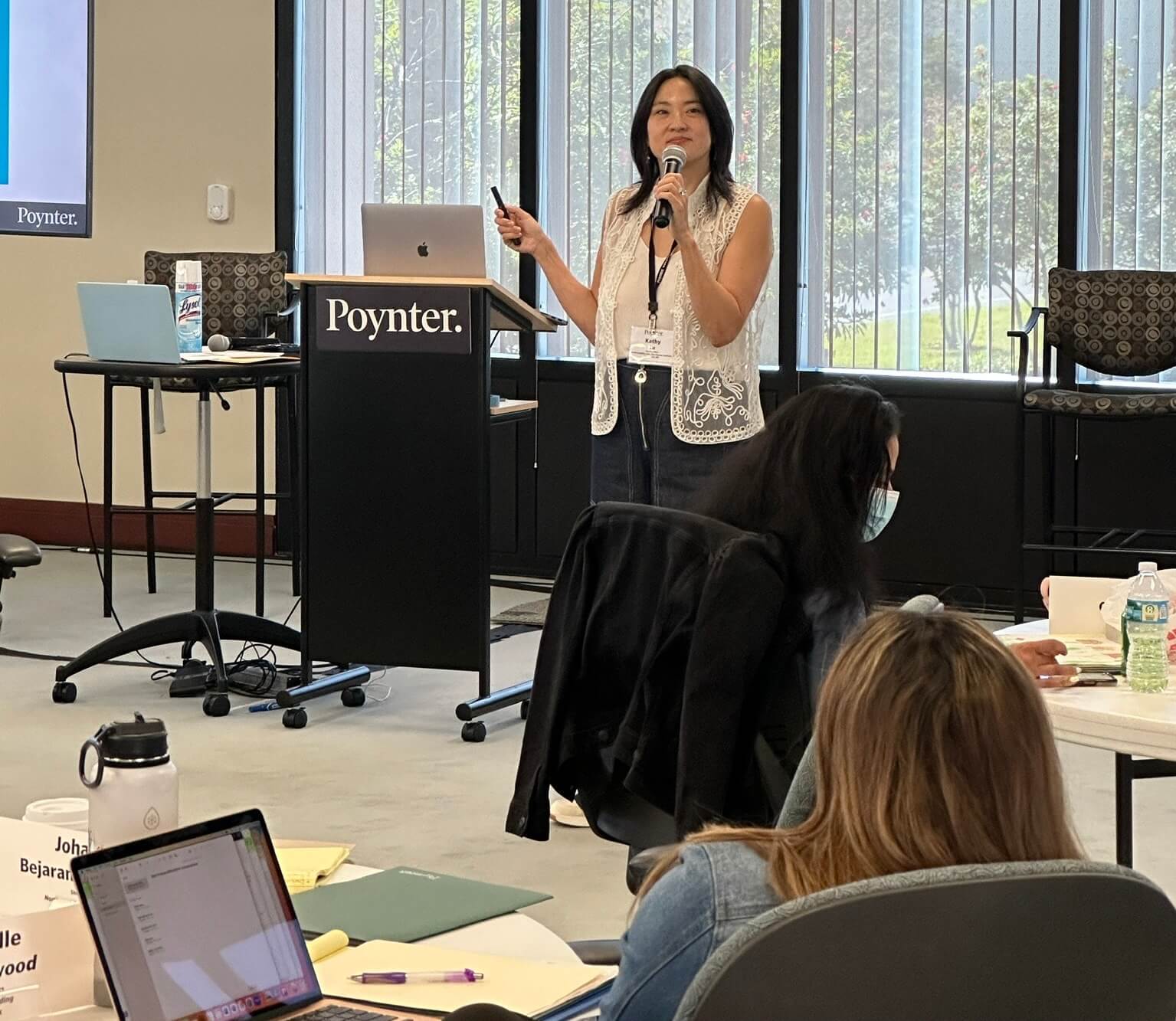
Traders gather at the post that handles Cablevision on the floor of the New York Stock Exchange, Thursday, Sept. 17, 2015. European telecommunications and cable company Altice agreed to buy New York cable operator Cablevision for $17.7 billion, including debt, as it pursues its aggressive expansion in the U.S. (AP Photo/Richard Drew)
The mergers and acquisitions train just keeps chugging along in the local broadcast and cable industries with three more transactions in the last 10 days:
- Media General, a company very much on the ropes until it shed all its newspapers three years ago, acquired Meredith Corp. for $2.4 billion September 10, creating a group with 88 stations. Media General will have the majority of seats on the new board, but this is close to a merger of equals — the company will be know as Meredith Media General and Meredith CEO Stephen Lacy will keep that position.
- Gray Television bought the television and radio holdings of Schurz Communications a week ago for $445 million, expanding its coverage to 49 markets. The deal includes WDBJ-TV of Roanoke, much in the news over the last month after two of its journalists were shot and killed on air by a disgruntled former co-worker.
- Then Friday, the French telecom company Altice agreed to pay $17.7 billion for Cablevision, a public company controlled by the Dolan family and the dominant provider on Long Island.
The deals have everything to do with scale and leverage in various contract negotiations. Besides the regular bonanza of political advertising, local television have been prospering as cable systems pay ever increasing retransmission fees. The bigger the station group the better deal it can strike.
Todd Schurz, CEO of the family-owned firm, said the company’s stations, most of them top-rated in their markets were too small a group — and not just for retransmission. Scale also matters, he told me in a phone interview, “in negotiations with distributors — networks and programs and with vendors too. When we looked to the future, we concluded we are no longer the best owners.”
Each of the transactions has a legacy media component. Schurz will keep a small cable system and its newspaper/digital sites, anchored by the hometown South Bend Tribune.
Meredith comes to Media General with a collection of women’s and lifestyle magazine including Better Homes and Gardens and related digital sites and special digital marketing services for big advertisers in that space.
Meredith considered an early model of adapting a magazine group to digital opportunities. It has begun more recently to suffer circulation and advertising losses at several titles and earlier explored a merger with Time Warner’s magazine group.
In the Cablevision deal, the Dolan family will continue to control, through separate corporations, Madison Square Garden, the New York Knicks and Rangers and the AMC network. But Altice picks up Newsday in the transaction, bought by Cablevision for $650 million from Tribune in 2008.
Should the company choose to unload Newsday at a later date, there are a number of potential suitors including Gannett, New Media Investment Group and perhaps even Tribune Publishing (which sold at a time it needed to unload assets to pay down debt in an unsuccessful attempt to avoid bankruptcy).
Scale also is one of the factors driving consolidation in the cable industry. The bigger the system the greater leverage it has in negotiations with the channels it carries. So the big want to get still bigger — a dynamic in the Charter’s acquisition of Time-Warner Cable and BrightHouse earlier this year for $56 billion (still pending regulatory approval).
With cord-cutting and digital streaming on the increase, cable may not be quite the license to print money it was five years ago. But it remains a very profitable business with a sweet business model — both subscribers and advertisers willing to open their wallets.
And cable opens into related businesses like home broadband wireless — judged by analysts late last week to be one of the reasons Altice wanted to get a footing in the American cable market.
With rare exceptions, these deals have sailed through regulatory approvals. In the case of local broadcast, the merging companies need to sell or swap one station if the deal gives them two in a single market — an element in both the Meredith and Schurz deal. Typically they keep the highest rated and dispose of the other — time-consuming but not difficult in current market conditions.
Some of the acquired companies — like Belo when bought by Gannett (now TEGNA) — simply disappear. That won’t be the case for Meredith’s magazines or for Schurz Communications.







